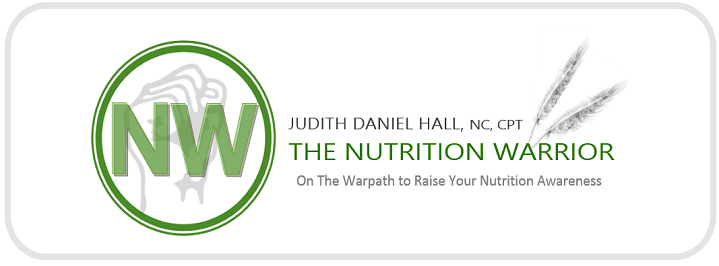Food processed in a factory removes over 80% of magnesium. Over 80% of Americans eat processed food, and
this means that over 80% of Americans are magnesium deficient, and we don’t
even know it. Typically, if you are
deficient, you're feeling:
Insomnia
Anxiety
Poor
appetite
Nausea
Muscle
cramps
Irritability
Kidney
Stones
Arrhythmia
Dysmennhoria
A
lot of you have these very symptoms, right? The likely contributors to these symptoms are an unhealthy digestive system
(Crohn’s, leaky gut, etc), overworked kidneys (stemming from diabetes),
excessive alcohol intake, age (absorption decreases), diuretics, antibiotics
and oral contraceptives – all of which deplete the magnesium in your body.
But,
did you know that if our bodies didn’t need abundant amounts of magnesium, it couldn’t function? I mean, our hearts wouldn’t beat—because it has to have magnesium to carry
this out!
- Magnesium is responsible for the action of your heart muscle, the regulation
of blood sugar levels, proper formation of bones and teeth, relaxation of blood
vessels (blood pressure), and proper bowel function
- Magnesium is responsible for the regulation and quick recovery following abnormal
heart events (cardiac arrest & arrhythmias)
- Magnesium is responsible for the keeping calcium
in your cells so they can do their job better
By far, the best way to get your magnesium on is
through organically bound magnesium, which is found in organic green, leafy vegetables:
swiss chard, spinach and kale to name a few. Organic foods usually contain more magnesium,
particularly if the farmer replenishes his soil with magnesium-rich
fertilizers. (Factory farms tend to use fertilizers rich in nitrogen,
phosphorous, and potassium to make plants grow and appear healthy.)
Other great ways to get your magnesium in are
pumpkin seeds, flaxseed, almond
butter, dried unsweetened cacoa (woohoo!), sunflower seeds, sesame seeds
and avocados. Fermented foods improve
magnesium absorption. (what can I say—fermented
foods rock!)
If you must supplement, bear in mind that there
are many different kinds of magnesium on the market, and there is no such thing
as a 100% magnesium supplement because magnesium must be bound to another
substance. The substance
used in any given supplement combination can affect the absorption and
bioavailability of the magnesium, and may provide slightly different health
benefits (that’s why getting nutrition through food is ALWAYS the best way). Magnesium glycinate is a chelated form of magnesium that may provide the highest
levels of absorption and bioavailability – great for anyone trying to correct a
deficiency; and Magnesium threonate which is a newer,
emerging magnesium supplement that appears promising due to its ability to penetrate
the mitochondrial membrane, making it possibly the best
magnesium supplement on the market.
And of course, smoothies or juicing your vegetables is always a great way to get your magnesium...at least that's how I roll.
Thanks for reading,
Judith
"Planting your nutrition seed for the day."
Sources:



